For decades we were fed a narrative that vilified fat as the primary culprit in heart disease, obesity and a host of other modern day maladies.
The more that time passes, the more it has become clear that we were sold a deadly lie – a lie that cost countless lives and has led people astray in the quest for better health.
How did this happen? In the 1950’s, heart disease and obesity were on the rise at an alarming rate. This was a serious issue, and the people wanted answers…food corporations came to the rescue, funding research that downplayed the negative effects of sugar consumption on health and blaming dietary fat.
In our world, corporations have a lot of power, and with this falsified data they were able to influence public health policies, dietary recommendations and public perception.
So much so that they were able to have the governments develop dietary guidelines that promoted low fat diets
The western world went mad on low fat and food manufacturers capitalised on consumer fears of fat by producing a wide range of low-fat and fat-free products.
These products often replaced fat with added sugars, refined carbohydrates, and artificial ingredients to enhance flavour and texture.
Everyone believed that by cutting fat from their diet that they wouldn’t get ‘fat’ and maintain a healthy body weight and optimal health, so fat consumption went down whilst the intake of refined carbohydrates and added sugars skyrocketed.
The reality was that an excess intake of refined carbohydrates and sugars contributes to insulin resistance, metabolic disorders and the very thing consumers were trying to avoid – obesity and heart disease.
In recent years the data has been debunked, and it’s widely recognised that fats are incredibly beneficial and essential for heart health, brain and hormone function, metabolism (weight loss), skin health, for the absorption of nutrients and in some form or another, are required for all the functions in the body.
Dietary fat is important and should be consumed from nuts, seeds (like hemp), olive oil avocados, and fatty fish is preferred. Avoiding the trans fats and limiting excessive saturated fats.
This is a perfect example of how we are sold lies, sold ideas that are created with profits in mind, targeted at vulnerable people that are desperate for answers. The demonisation of fat represents a cautionary tale about the unintended consequences of dietary trends driven by fear and oversimplification.
Whatever the new trends, the answer is always to consume minimally processed foods, with all the compounds required including fats and rather than looking at everything through a reductionist lens, know that nature created foods in the perfect proportions required.
| Low-Fat Option | Full-Fat Alternative |
| Low-fat yogurt | Full-fat organic Greek yogurt |
| Fat-free salad dressing | Homemade vinaigrette with olive oil |
| Reduced-fat cheese | Regular, full-fat cheese |
| Low-fat milk | Unhomogenised organic Whole milk |
| Fat-free cottage cheese | Regular cottage cheese |
| Low-fat margarine | Butter or ghee |
| Fat-free mayonnaise | Regular mayonnaise |
| Low-fat granola | Granola made with nuts and seeds |
| Fat-free sour cream | Full-fat sour cream |
| Reduced-fat peanut butter | Natural peanut butter |
| Low-fat cream cheese | Regular cream cheese |
| Fat-free cookies | Home made cookies made with butter or coconut oil |
| Low-fat potato chips | Home made potato chips |
| Fat-free crackers | Whole grain crackers |


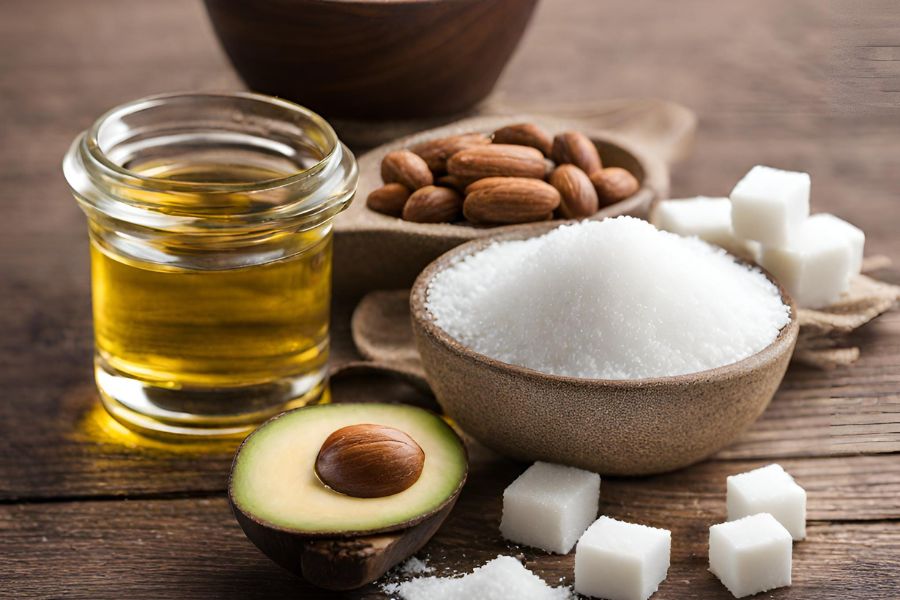

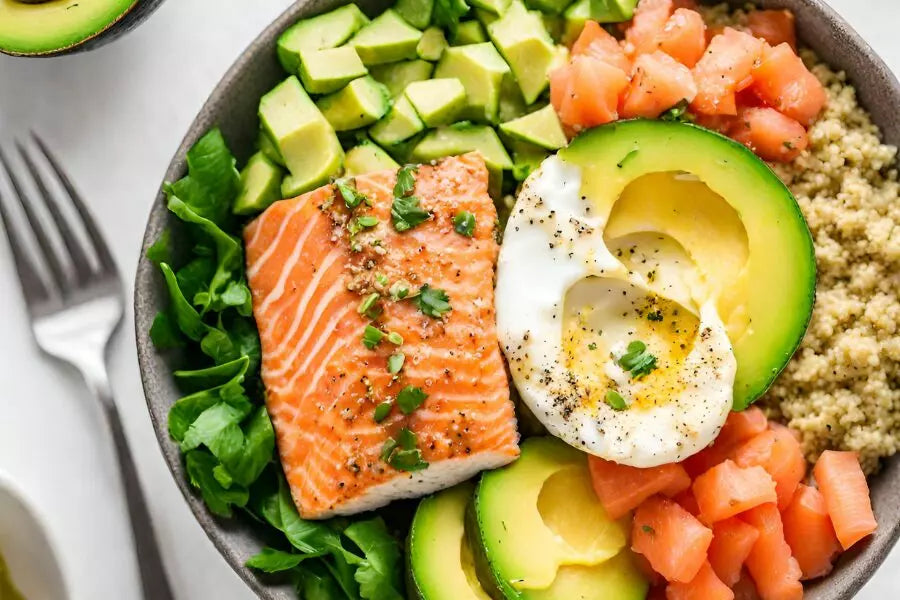

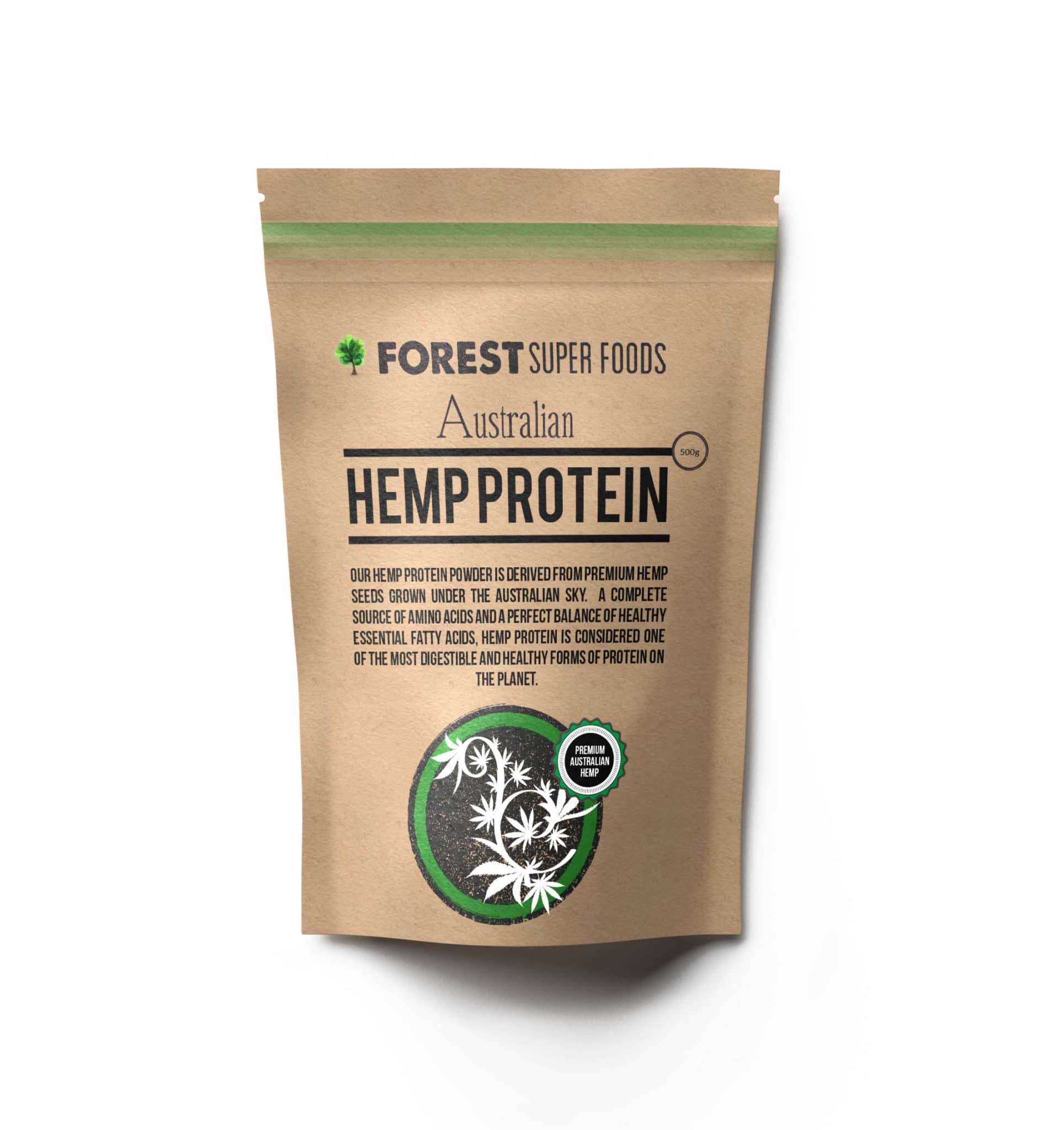
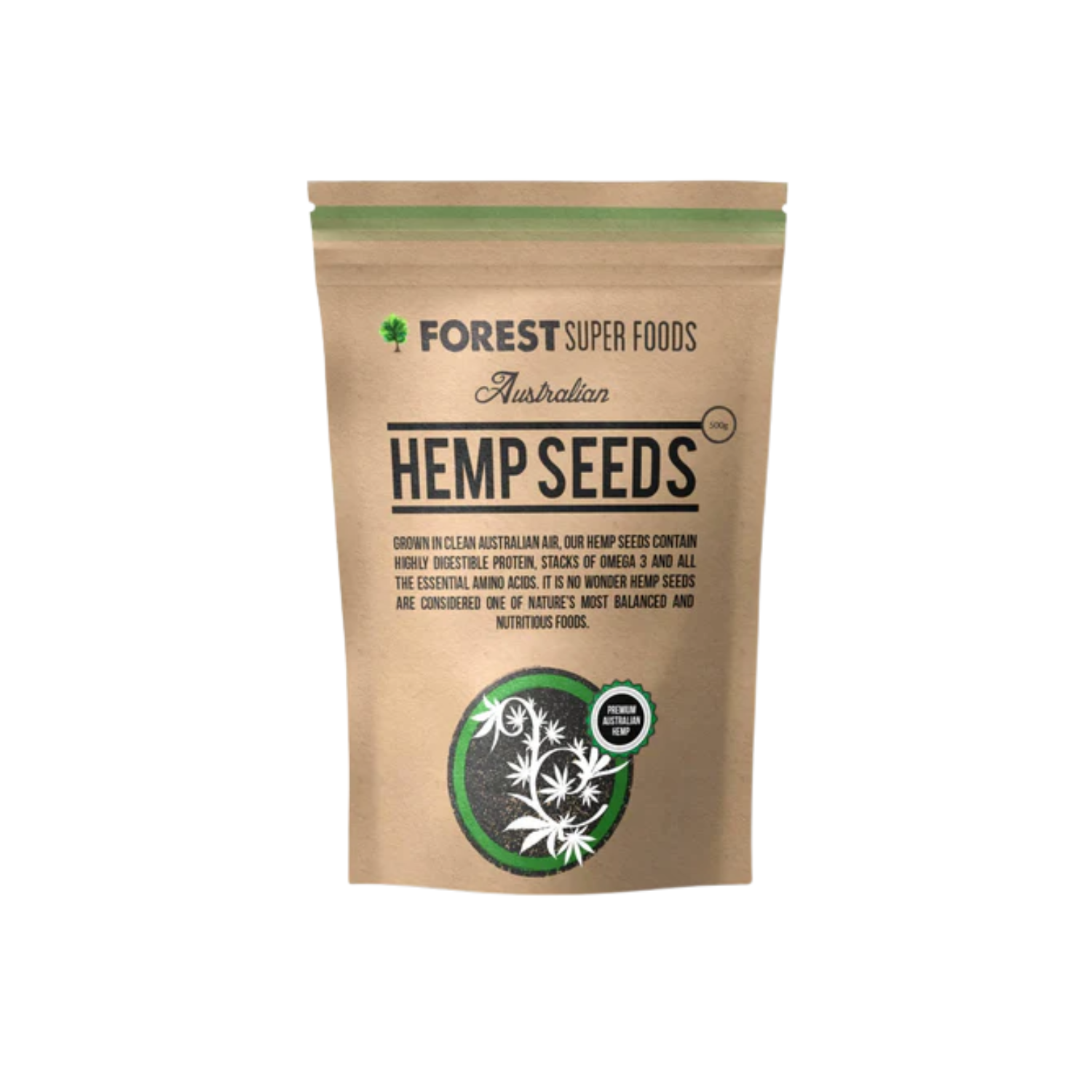
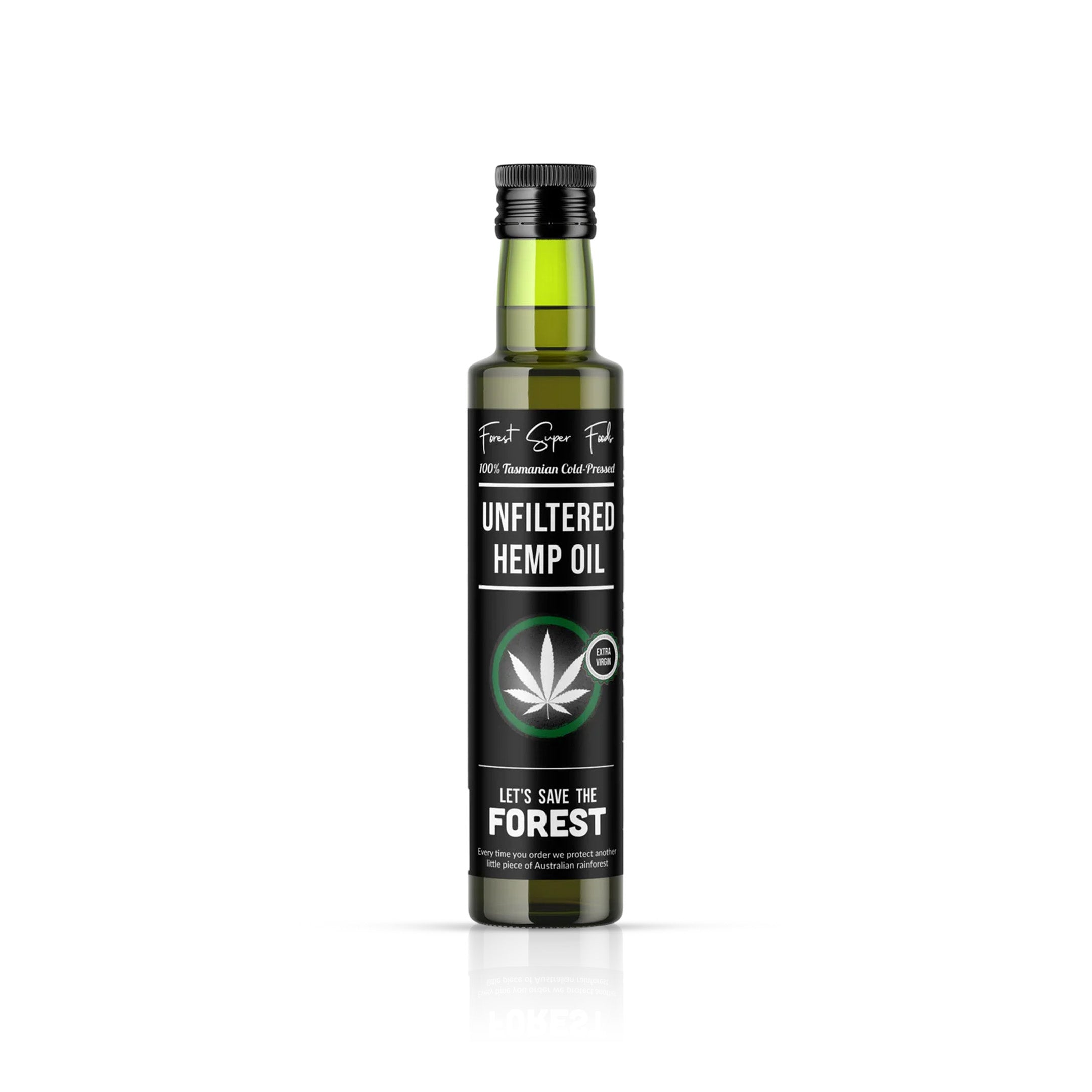
Leave a comment
All comments are moderated before being published.
This site is protected by hCaptcha and the hCaptcha Privacy Policy and Terms of Service apply.